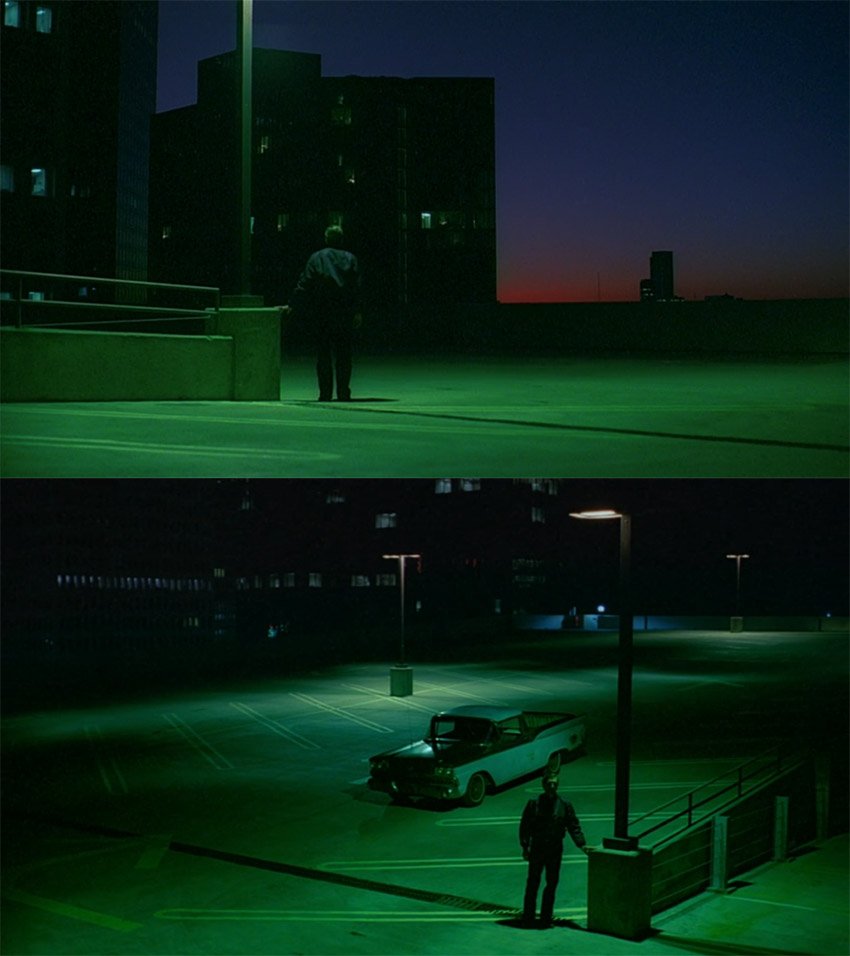PHOTOGRAPHY AND CINEMA
Duration: 2 days (weekend)
Start: Saturday, November 4, Saturday from 10:00 a.m. to 2:00 p.m. and from 4:00 p.m. to 8:00 p.m. Sunday from 11:00 a.m. to 3:00 p.m.
Spots: 12
Registration: €90
CONTENTS
Theoretical Module
Topic 1: Brief summary of the history of cinema and the origins of cinematography.
Topic 2: Importance of photography in cinema.
- In this topic we will address one of the most essential parts in the world of audiovisual production, emphasizing commercial/author and documentary cinema.
Topic 3: What is the cinematography department responsible for?
- Topic in which we will discuss which parts of a cinematographic/documentary production in which photography is necessary, in other words, what function photography has in audiovisual creation.
Topic 4: Visual language or Composition in cinema.
- What it is, and how to make the most of its narrative potential when creating audiovisual content.
Topic 5: Editing and sound as an attractive element for viewers.
- We will discuss the similarities of video editing vs. photography, and the components that intervene in this essential part of a production, such as Editing, Sound Sequencing, effects, Colorimetry and grading.
Topic 6: Codec and formats
- Brief summary to understand the importance of the recording format depending on the broadcast channel (YouTube, movie theaters, television...)
Practical Module
Topic 7: Introduction and technical methodology of filming and use of tools:
- We will learn how to correctly use a video camera (iris, shutter or shutter angle, resolution, etc..)
Topic 8: Editing programs:
- Practices for basic use of video editing programs, Adobe Premier, Adobe Audición
Topic 9: Editing - Cuts, Titles, scene transitions and sequencing of soundtrack/sounds/music.
- Practices in which we will learn to edit, sequence and sound our project.
Topic 10: Etalonage and Colorimetry
- Use of colorimetry tools and creation of cinematographic styles (Etalonage)
Topic 11: Project exportation:
- How and in what way to export our final project (Codec, compression, quality, bitrate, etc...). series of exercises and activities.
José Manuel Gallego. (Seville, 1977). At a very early age and with his first camera, a 35mm telemetric Zeiss Ikon, he discovered the communicative and expressive power of images, directing his training towards the knowledge of visual language.
Passionate about landscape photography, he is also dedicated to teaching photography, and regularly collaborates in audiovisual productions in the documentary, tourism or advertising field. He has worked as a director of photography with directors such as Nonio Parejo or Néstor F. Deniss and for production companies such as Serglobal, Taiga and the BBC.



